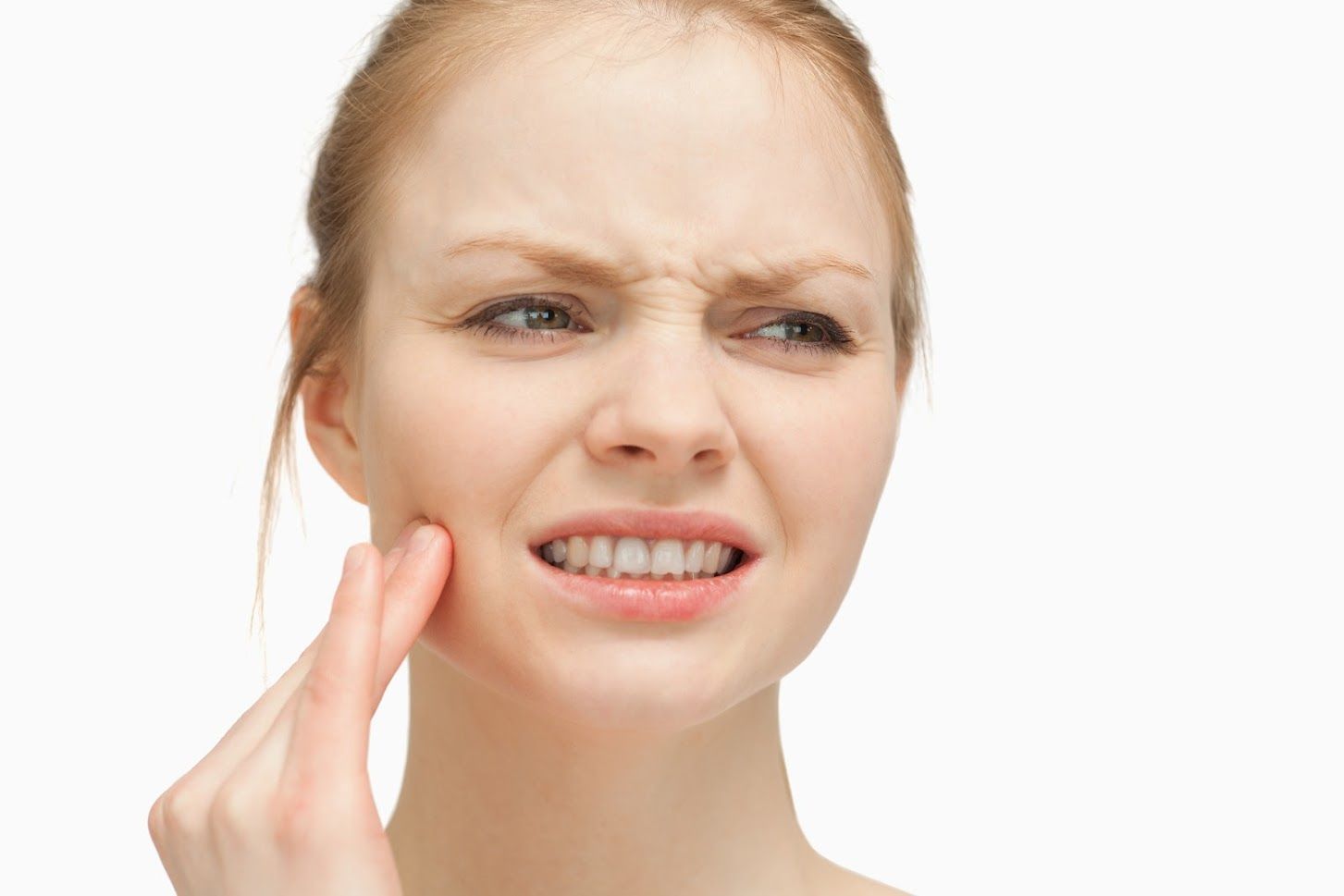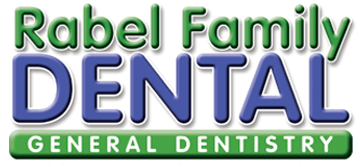Habits That Can Damage Your Teeth
- By Rabel Dentistry
- •
- 30 Jan, 2024

Maintaining optimal oral health is not only essential for a radiant smile but also for overall well-being. Daily habits play a significant role in the health of our teeth and gums. This blog post explores various habits that can potentially damage teeth and compromise oral hygiene.
Biting Nails
Biting nails, known as onychophagia, can have detrimental effects on your teeth. The constant pressure from biting can lead to chipping, cracking, or even fracturing of the teeth over time. The repetitive motion can cause wear on the enamel, the protective outer layer of the teeth, making them more susceptible to cavities and sensitivity. Additionally, nail biting can contribute to jaw problems, as the act places stress on the temporomandibular joint (TMJ), potentially leading to discomfort and dysfunction.
Moreover, nails may harbor bacteria, and introducing them into your mouth through nail-biting increases the risk of oral infections. The habit may also cause the misalignment of teeth over time, affecting your bite and overall dental health. Breaking the nail-biting habit is essential to prevent these issues and maintain optimal oral hygiene.
Brushing Overly Hard
When excessive force is applied, it may erode the enamel, the protective outer layer of your teeth. Enamel protects against cavities and tooth sensitivity, so its erosion can expose the underlying dentin, causing increased sensitivity and vulnerability to decay. Moreover, aggressive brushing can irritate and damage the gums, leading to recession and potential gum disease. The abrasive action of hard brushing may also contribute to enamel abrasion, wearing down the enamel over time.
Using a hard-bristled toothbrush exacerbates these issues by intensifying the abrasive impact. Use a soft- or medium-bristled toothbrush and adopt gentle, circular motions during brushing to safeguard your oral health.
Using Teeth as Tools
Your teeth are designed for chewing food, not as substitutes for tools. Using your teeth to open bottles, tear packages, or perform other non-chewing tasks can result in chips, cracks, or even dislodgment of teeth. Preserve your teeth's integrity by using appropriate tools for various tasks, preventing avoidable damage.
Chewing Ice Cubes
Chewing on ice cubes may seem harmless, but the hardness of ice can cause microfractures in teeth over time. Moreover, the habit can irritate the soft tissues inside the tooth, leading to discomfort. To protect your teeth, opt for beverages without ice or let ice melt slightly before chewing.
Using Tobacco
Tobacco use, whether through smoking or smokeless forms, poses significant risks to oral health. Beyond staining teeth, tobacco increases the likelihood of gum disease, tooth decay, and oral cancers. Quitting tobacco is not only beneficial for your oral health but also for your overall well-being.
Snacking on Sugary Treats
Frequent consumption of sugary snacks creates an environment in which harmful bacteria thrive. These bacteria produce acids that erode enamel, leading to cavities and tooth decay. Opt for healthier snacks, and be mindful of your sugar intake to maintain optimal oral health.
Consuming Things With Powerful Coloring Agents
Certain foods and beverages, like coffee, tea, red wine, and berries, contain powerful coloring agents that can stain teeth. While these items offer various health benefits, moderation and proper oral hygiene are key to preventing significant staining. Brushing and professional cleanings can help manage superficial discoloration.
Grinding Your Teeth
Teeth grinding, or bruxism, often occurs unconsciously, especially during sleep. The constant grinding can wear down the enamel, leading to tooth sensitivity, jaw pain, and headaches. Wearing a nightguard, a custom-fitted dental appliance, can help protect your teeth from the effects of bruxism and alleviate associated symptoms.
Not Regularly Visiting the Dentist
Regular dental checkups are essential for preventing and detecting oral health issues. Professional cleanings remove plaque and tartar, reducing the risk of gum disease and cavities. Additionally, early detection of dental problems allows for timely intervention, preventing the progression of minor issues into more severe conditions.
Adopting healthy oral habits and avoiding practices that can harm teeth are crucial steps toward maintaining optimal oral health throughout your life. Contact Rabel Family Dentistry to book an appointment.
CONTACT INFORMATION
3114 Groom Road Baker, LA 70714
Phone:
225-775-0160
Email:
drbrett@lakeshorecapital.biz
PAYMENT OPTIONS






CareCredit
BUSINESS HOURS
- Mon - Fri
- -
- Saturday
- -
- Sunday
- Closed
*Our phones are monitored 24/7
Interest-Free Payment Plans
We partner with a third party ad network to either display advertising on our Web site or to manage our advertising on other sites. Our ad network partner uses cookies and Web beacons to collect non-personally identifiable information about your activities on this and other Web sites to provide you targeted advertising based upon your interests. If you wish to not have this information used for the purpose of serving you targeted ads, you may opt-out by clicking here . Please note this does not opt you out of being served advertising. You will continue to receive generic ads.
